Why are MPs debating the cost of living and financial support for disabled people?
House of Commons Petitions Select Committee
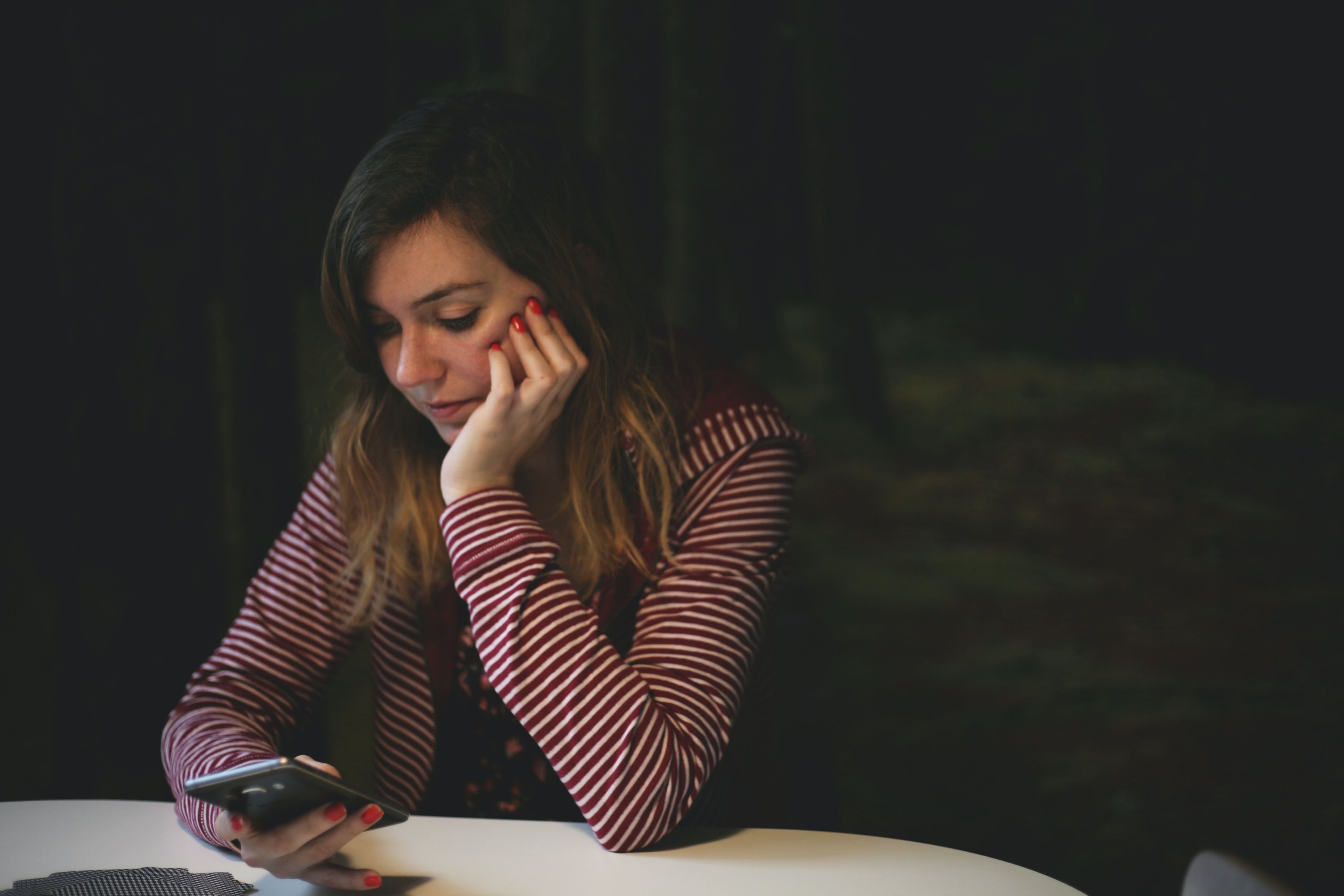
Introduction
Two petitions asking the Government to improve financial support for disabled people received over 40,000 signatures:
16,303 people signed a petition calling on the Government to Provide an energy grant to people with a disability or serious medical condition.
24,649 people signed a petition calling on the Government to Make people on disability benefits eligible for the £650 one off payment.
The Petitions Committee scheduled a debate on these petitions in the House of Commons on Monday 22 May 2023 at 4.30pm.
The petition creators
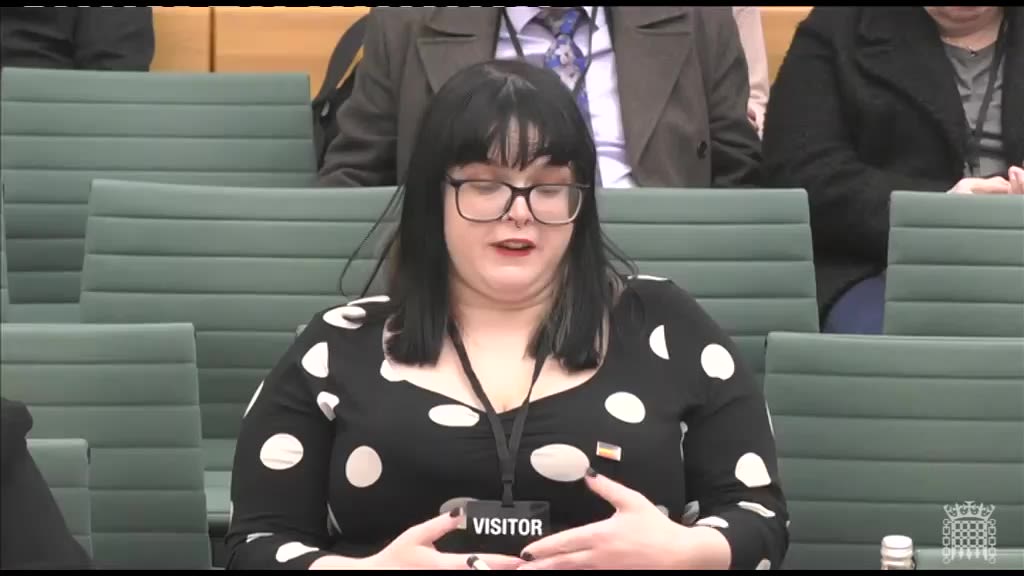
Abigail Broomfield started the petition calling for a one-off payment to those receiving disability benefits.
She stated in her petition:
"We have larger utilities bills and food costs when compared to non-disabled people. We rely on these utilities and food to stay alive.
"Without including disabled people for the full £650 entitlement, many more disabled people could die. We might have to switch off or use our equipment less which is vital for our survival. We could be unable to purchase specific food for our dietary requirements.
"We might be unable to be warm. This could lead to more hospitalisations and death. Most Disabled people already suffer from mental health problems and this will only increase. This could lead to more suicides and death."
Ahead of the debate, Abigail was invited to give evidence to the Women and Equalities Committee on the Cost of living: disabled people and carers.
Abigail said:
"I speak to many others in the disabled community through my campaigning work related to the petition, and some people’s costs have increased by 400%. They are going without equipment like electric wheelchairs. One person told me that their feeding pump stopped working due to the cold weather and the fact that they were not able to heat their house. It is very bleak.
"As the energy prices rose I began to see everyone struggling to afford to pay their bills. Families with a disabled member use more electricity, whether that be for electric wheelchairs, hoists, lifts, CPAP machines or having to run heating constantly for chronic lung conditions. […] We have to use more energy. We have no choice."
Rachel Curtis started the petition calling for an energy grant.
She stated in her petition:
"Millions of UK citizens have a disability or serious medical condition that means they use more energy. Many people need to use a ventilator 24/7. People use electric pumps to feed through a tubes. People need to charge their mobility equipment, such as electric wheelchairs, stair lifts, bath seats.
"The Government needs to provide a grant, so that people with a disability or serious medical condition can afford to run the equipment, or heating, they need to stay alive.
"It is not right that people living with conditions that require energy, should be punished for it, and sometimes face unmanageable debts with energy companies. What a horrendous situation to face.
"If some people don't run their ventilator, CPAP machine or feeding pump they will die. Our Government must help people afford to stay alive."
After the debate, Rachel said:
"I am thankful for the Petitions Committee bringing the issues I raised to debate. I feel that the stark reality of how disabled people are living right now has been highlighted, and I hope that our Government respond with actual practical help for families like mine."
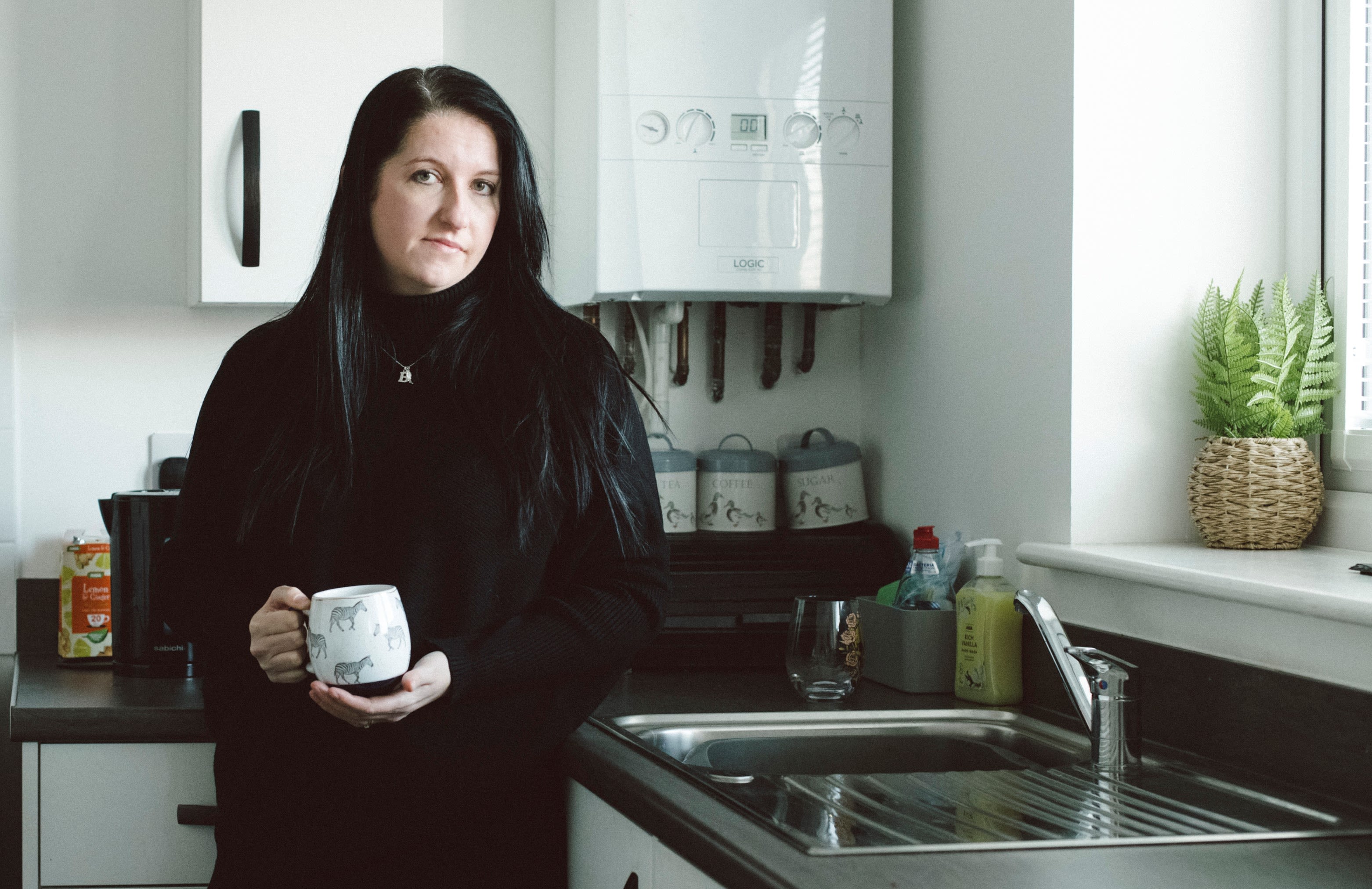
Survey
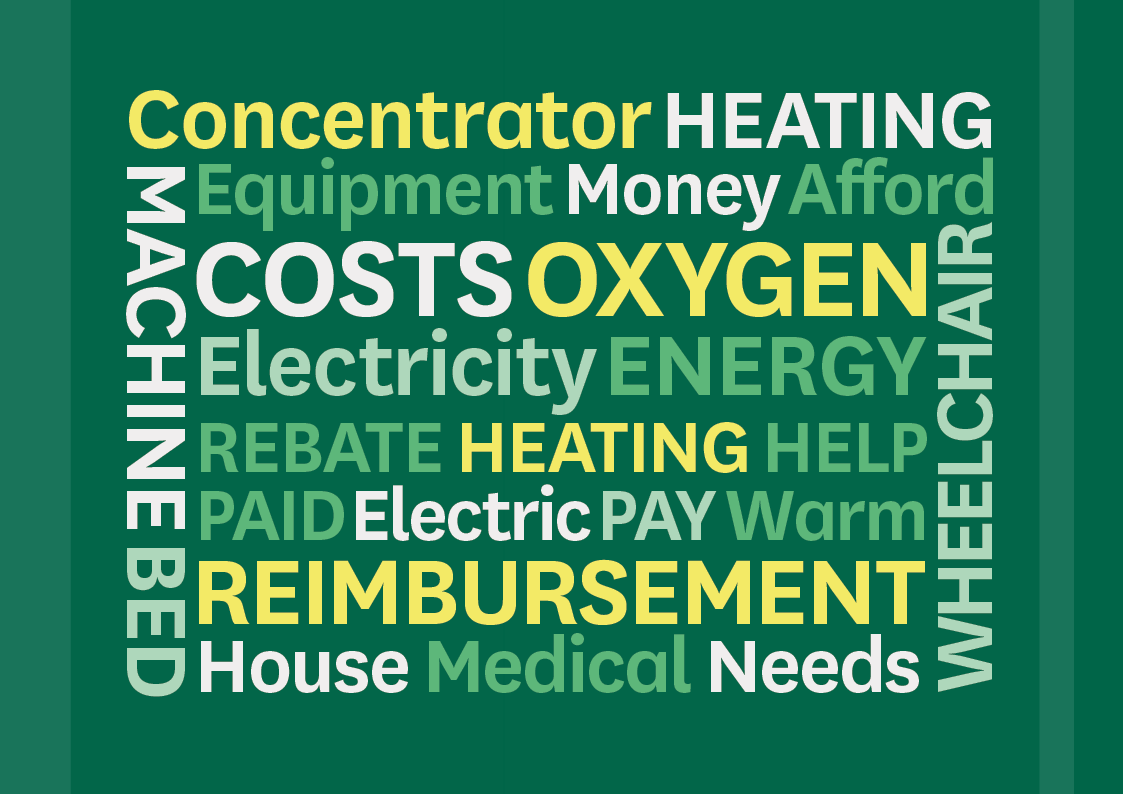
To inform the debate, the Petitions Committee launched a survey asking about the impact of the increase in the cost of living on disabled people, and views on additional financial support for disabled people from the Government.
The member of the Committee who opened the debate, Marsha de Cordova MP, spoke with the petition creators and relevant charities to find out more about the issue.
House of Commons Debate
Opening the debate, Marsha de Cordova gave the following statement:
"I congratulate Rachel Curtis, Abigail Broomfield and Katy Styles for creating the petitions. Abigail and Katy are here today, and more than 40,000 people have signed the petitions.
"The plight of disabled people should concern every Member, as the proportion of the UK population reporting a disability has risen to 20% over the past decade. As a disabled person myself, I know how intense it can be for someone to share their story, so I thank each and every person who completed the survey for sharing their experience.
"In response to the ongoing cost of living emergency and energy crisis, 93% of respondents [to the Committee's survey] have had to limit their use of energy, 76% are limiting their use of transport, and 60% have limited their use of specialist equipment. Over half have had to reduce their use of medication.
"Those results are shocking. Unsurprisingly, testimony of poor mental health was apparent. Some respondents described feelings of despair. Others even reported being pushed to consider suicide.
"As I said, I hope that today can be a moment when the Government acknowledge their flaws and failures on the part of disabled people, seek to draw a line and bring about changes that will improve their lives."
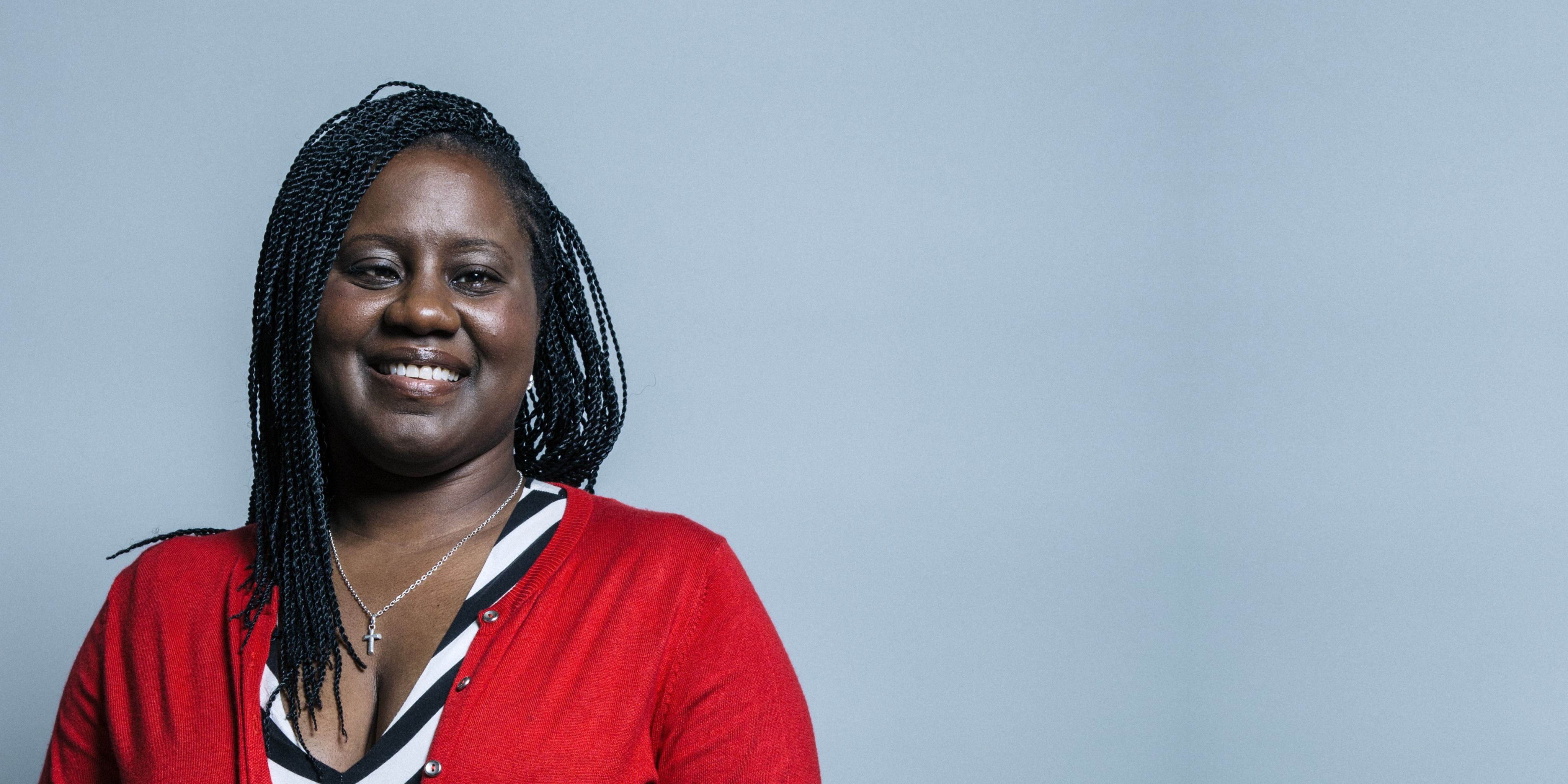
The Government's response
Tom Pursglove MP, Minister for Disabled People, Health and Work, responded to the debate. He said:
"I agree with the point made by my hon. Friend the Member for Blackpool North and Cleveleys: there is a lot more consensus in these debates than is often credited. All of us want to see the same outcome, which is that people are properly supported and receive the help that they need to get them through these difficult times.
"We have been responsive to date in the support that we have provided, but our minds are not closed. We continue to engage and will continue to keep under review the package of support. There are some important measures coming down the track and there will be a lot of opportunity for colleagues and disabled people and their organisations to help influence that to make sure we get it right."
Responding to points raised during the debate on the assessment process for certain benefits such as the Personal Independence Payment (PIP), he said:
"The feedback that we hear time and again is that people want to see the assessment burden considerably reduced. I would like to hope that all of us can rally round and say that we think that is the right thing to do, so that we can respond to the feedback and act on it.
"We obviously require primary legislation to deal with the fundamental challenge, which is the jeopardy that people feel within the current system around trying work, it not working out and then having to go back through reassessment and reapplication processes, which is highly undesirable. It is right that we address that, but I am not anticipating there being fundamental reform to the PIP assessment.
"I will consider the wider context of these debates and also the structural reforms and the wider picture. Undoubtedly, the learning from covid and opportunities for people around work are perhaps markedly different from what they were prior to the pandemic, and different people’s care and responsibilities will take a different form.
"Fundamentally, I am willing to look at that issue. There is a lot of cross-Government work going on around a host of issues relating to disabled people and people with health conditions."

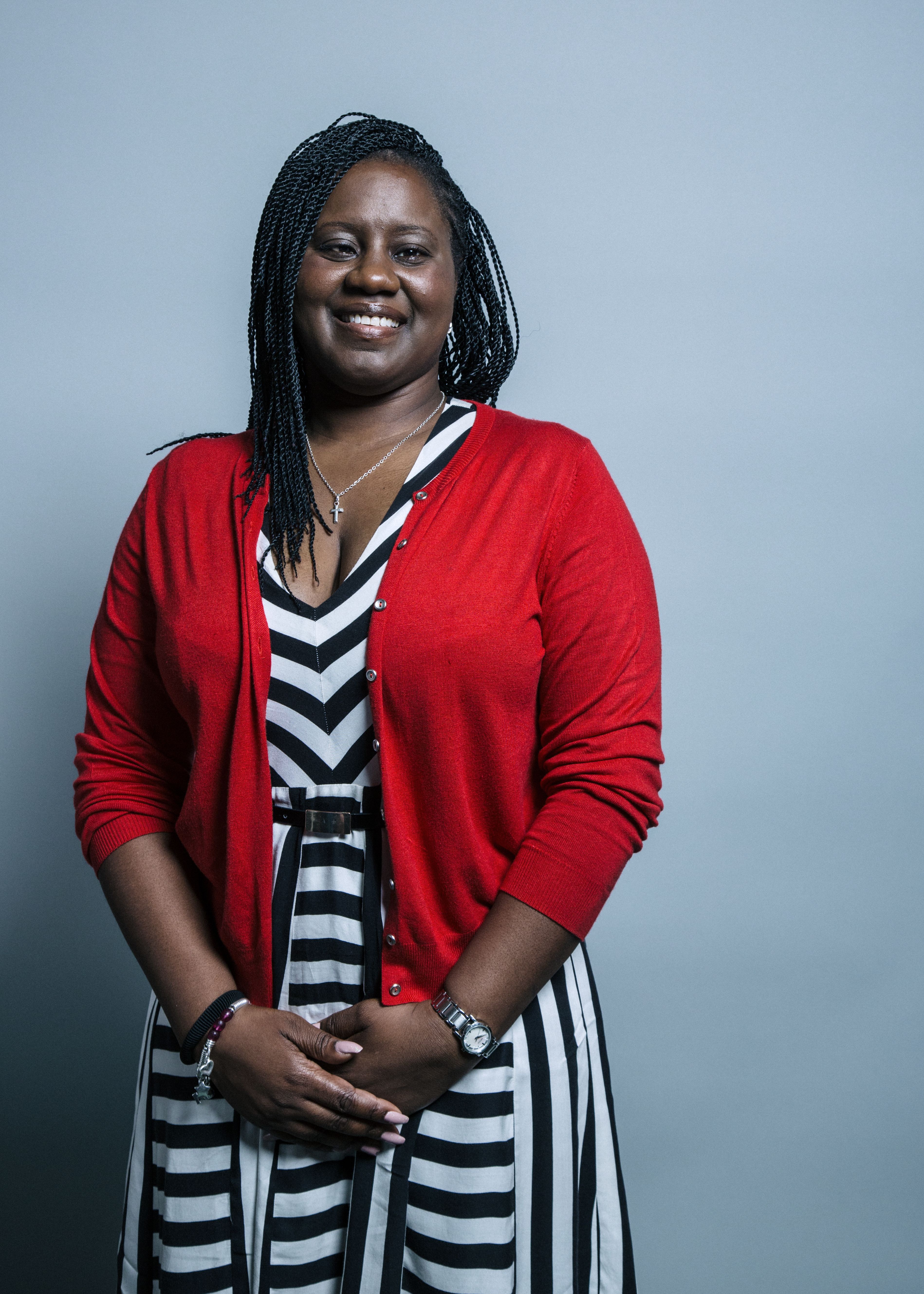
Marsha de Cordova summed up the debate:
"The Minister outlined a lot in his response. He mentioned a lot of work that he is looking into, taking back or that is being done, but what has been overwhelming in this debate is that disabled people need support now and any further delay will not help them.
If he has not read the survey responses, I ask him to please take time to read them because they really signify the urgency of this debate and the urgency of the support that disabled people need."
Watch the debate
MPs debated these petitions on 22 May 2023. You can watch the full debate below or read the debate transcript on Hansard.
Read the information pack from the House of Commons Library: Financial support for disabled people
Petition debates
Petition debates can be an important part of a campaign. Debates help raise awareness of an issue and can influence decision-making in Government and Parliament.
Petition debates are 'general' debates which allow MPs from all parties to discuss the important issues raised by one or more petitions, and put their concerns to Government Ministers.
Petition debates don’t end with a vote to implement the request of a petition. This means MPs will not vote on the request of the petitions at the end of the debate.
What is the Petitions Committee?
The Petitions Committee is a cross-party committee of MPs that considers e-petitions submitted on Parliament's petitions website and public (paper) petitions presented to the House of Commons, engaging the public directly with the work of the House.
Get involved
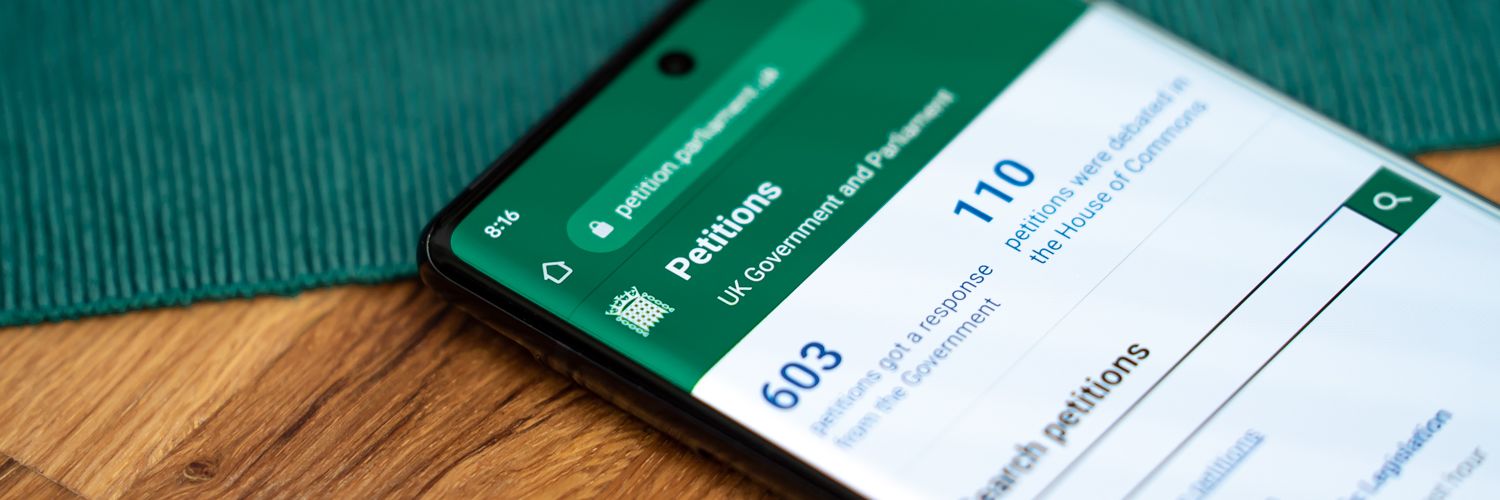
- As well as starting a petition, you can contact your MP or a member of the House of Lords about your campaign.
- Find other petitions or start your own on the Petitions website.
- Follow us on Twitter to keep up to date with our debates.
- Sign up to the Your UK Parliament newsletter for latest info on free activities online and around the UK to help you get involved and make a difference.
